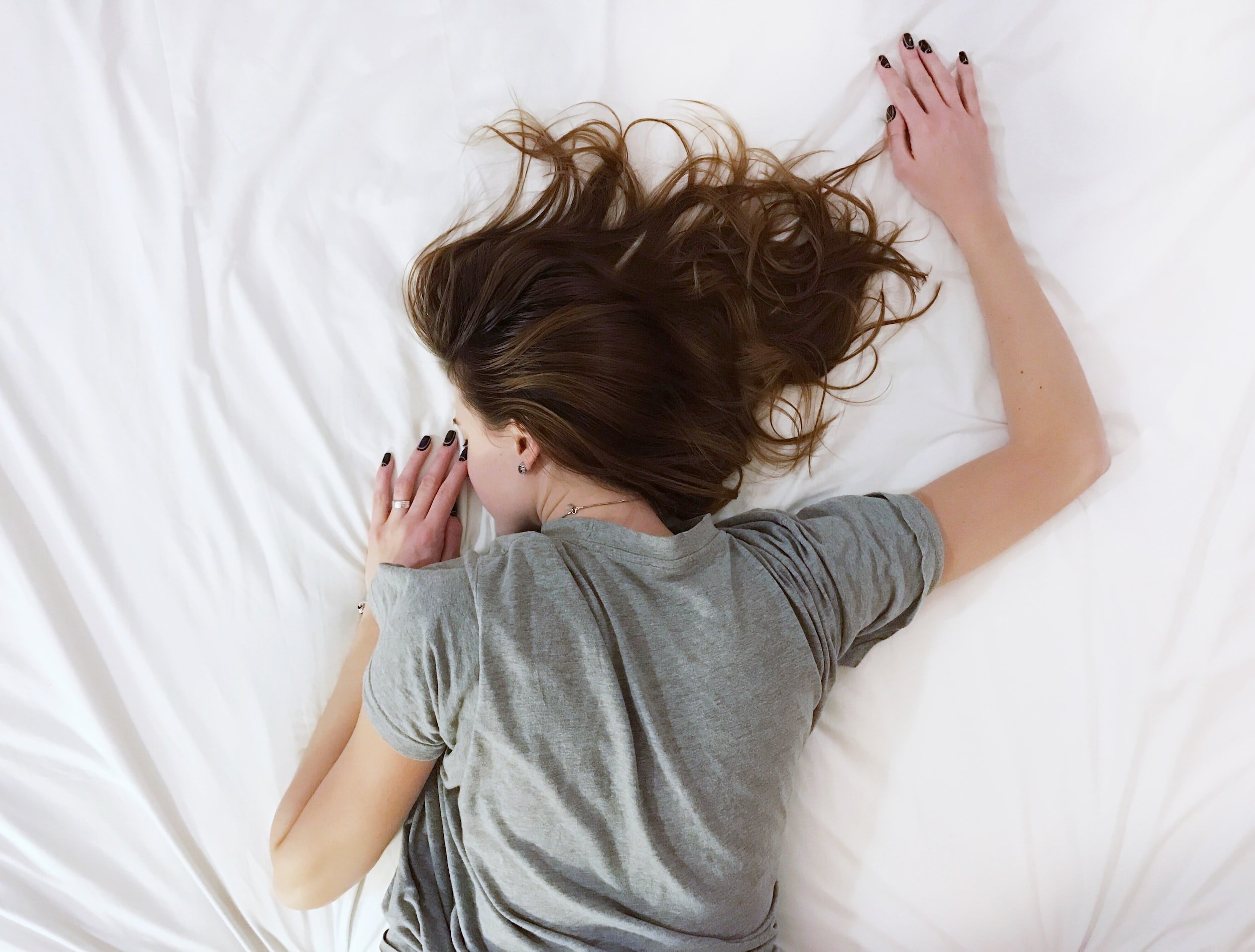
We all know that feeling in the middle of the night, tired, wanting to get to sleep but tossing and turning with lots of ideas flooding through a surprisingly active mind. We know that good sleep can help us be more creative, better partners, and better able to deal with stress, and yet we can’t seem to do something so natural.
A common complaint is that people who are late evening rather than morning people and really struggle to be awake for work at normal hours.
A new book written by Stanford Professor Pelayo , states that even though we all have genetic tendency to be a morning or evening person, these tendencies are, ” Not our destiny”. Of course, it’s difficult when you have to work late at night or even do all-nighters, or perhaps you’re a shift worker whose circadian rhythms have been totally disrupted. Similarly with jet lag play havoc with the body clock,and sleep disruption is something with which any new mothers would resonate.
Interestingly we now know that we have something called clock genes which regulate our circadian rhythm and these are standard across the animal kingdom, as the brain is always trying to predict dawn and dusk.
Adults do need 7-9 hours sleep per night, however to change your sleep patterns is going to take over a month. Often people try something for 2 or 3 days and then say it doesn’t work but that’s just not the way we are built.
No snooze buttons
First, locking in your wake-up time is easier than telling your body to sleep at a different time. Never hit the snooze button as all this does is give you a few extra minutes of light sleep. The best way to achieve this is to put your alarm clock on the other side of the room!
Once you get up it’s recommended you do something you enjoy, to motivate yourself. and it’s especially good to get some daylight in your eyes and skin so going outside and for a brief walk to get the cardiovascular system moving would be an excellent idea.
Reduced P.T.S.D.
Not quite so good but but perhaps also motivating is getting up to do computer games or something fun online. At least the blue light in your eyes will be the right frequency for your brain in the morning. Blue light is stimulating, which is why I’m always writing about not using electronic devices around bedtime.
I know this is difficult because a lot of people’s relaxation habit revolve around social media, however at nightthis light will really disrupt your circadian rhythm, switching down melatonin production (the sleepy hormone).
NO ONE THINKS OF GOOD THINGS IN THE MIDDLE OF THE NIGHT
Everyone has had the experience of tossing and turning with a lot of anxious thoughts or endless to -do lists going through their mind.
Dr Prather, of the University of California, San Francisco, recommends as an antidote to night time worrying to take time out during the day to worry. It sounds rather strange, however, if you actually devote 15 minutes of your time to writing down your list of worries and thinking about them sometime in the day, or before you go to bed it’s less likely to bubble up from your subconscious in the middle of the night.
Body temperature and sleep
It has been proven that warming up your body before you go to bed helps you to become sleepy. Hot showers and hot baths are great for this. It’s easy to use caffeine to get yourself over a mid-afternoon slump, however, that will still be in your bloodstream later in the evening. To energise, try exercising to reinvigorate your body by extra blood circulation, or running up a few flights of stairs instead of taking a lift should help. Similarly, in the same way that being warm makes you sleepy, being colder will energize you. Cold showers really work, or alternatively, put your hands around a glass of ice to cool yourself down. Sounds crazy, but works.
The brain and parasympathetic nervous system
The first sense we develop as babies is the sense of smell-an evolutionary trick to make sure we survive by finding our mother’s milk and identifying her instantly. There are numerous nerve cell pathways going from the nose into the brain. So simple things such as lavender aromatherapy actually affect your relaxation levels.
We’re not laptop computers, and find it impossible to suddenly switch off. We may collapse and fall asleep with exhaustion because our body is tired however we will soon wake up if we don’t properly wind down our nervous system. Therefore give yourself a 2-hour gap after work is finished to relax your mind by reading, or watching non-challenging TV, do a few stretches, or have a hot bath.
